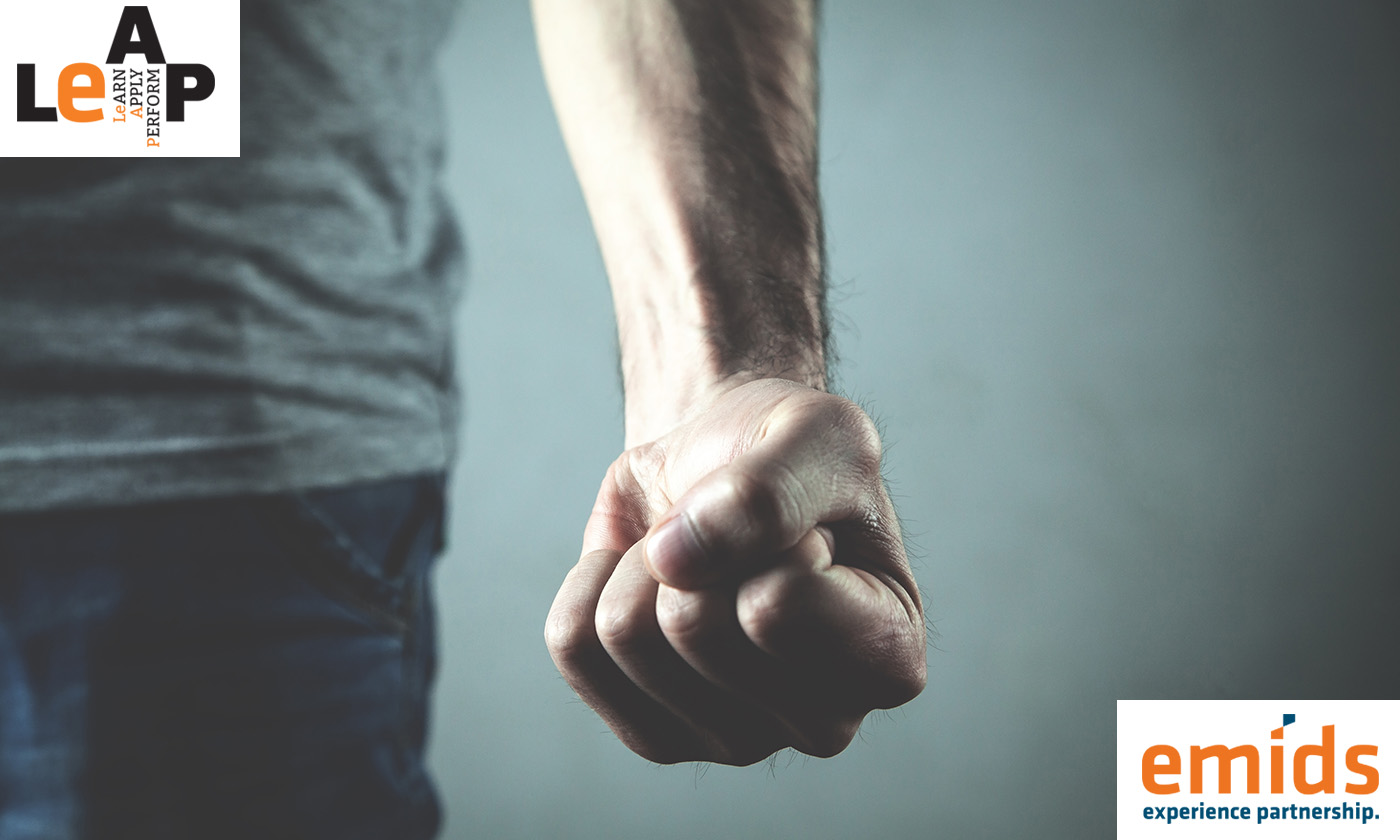Racism has become a much-discussed topic all around us and it has undertones of gender, religion, politics, and the economy. An aspect that might not come up in such conversations – the fact that we might have all engaged in discriminatory behavior when it comes to race. We might have done this in ways that seemed insignificant but, left the receiver feeling raw. How? Through microaggressions.
What are microaggressions?
Psychologists compare them to death by a thousand cuts. Prof. Kevin Nadal says, “Microaggressions are the everyday, subtle, un/ intentional interactions or behaviors that communicate a bias toward historically marginalized groups. The difference between microaggressions and overt discrimination, is that people who commit microaggressions might not even be aware of them.” For example:
- Telling an Asian individual that they are articulate with their spoken English.
- Complimenting Indian or Latinx individuals by calling their looks exotic.
- Labelling people of color/ different sexual orientations as diversity hires.
Does it matter?
Often people aren’t aware of the repercussions. But microaggressions are a form of discrimination. The Center for Health Journalism explained that microaggressions can affect health and negatively influence a person’s eating habits, trust in their physician, and trigger symptoms of trauma. A 2014 study of 405 young adults of color even found that experiencing microaggressions can lead to suicidal thoughts.
Given this, sometimes, we may get called out for our microaggressions. What do we do then?
- Stop a knee-jerk reaction. It is natural to feel defensive, angry, or hurt. But pause and take a breath even if it’s hard to do so. Recognize that someone is pointing this out to you because they feel hurt, and that doesn’t make you a ‘bad person’. Says Diversity Consultant Lily Zheng, “Every callout has an entire history’s worth of unsaid context behind it.” It might be worthwhile to consider the call out as a learning moment.
- Ask a question before making a statement. You may not have meant to demean someone, but it happened. Wanting to explain yourself is okay. But before you do that, just ask, “Could you please help me understand what made you uncomfortable? It would help me avoid making such a mistake again.” This will go a long way in comforting the other person. And if they choose to tell you what happened, listen. Listen for the hurt, the long-standing history of being put down. And at no point make the statement, “I am not a racist.”
- Be your own teacher. Being called out can bring into your awareness a form of unconscious bias you have. It will feel unpleasant. Know that you are human too! And take the opportunity to find out more about what exactly microaggressions look like. Don’t force the person into a conversation or try to persuade him/ her of your intent. Instead, get on Google and learn.
Conversations about race, gender, religion, and class might feel heavy. Especially, when they come with an element of self-introspection. But building awareness about our own actions is the first step towards making things around us better. Good luck with it.








